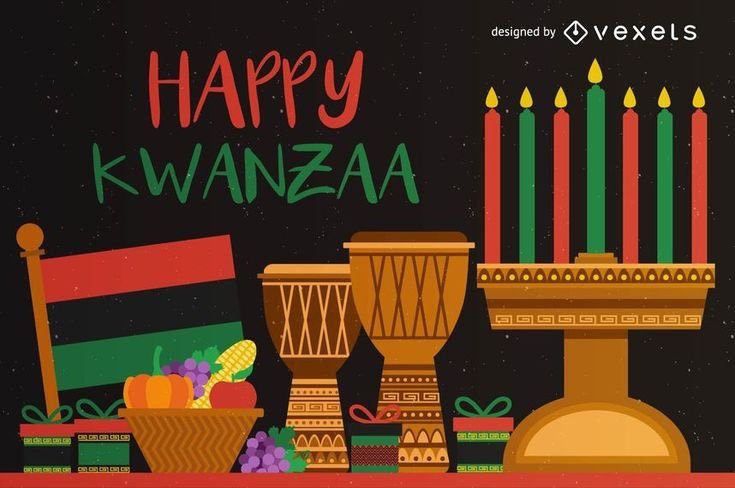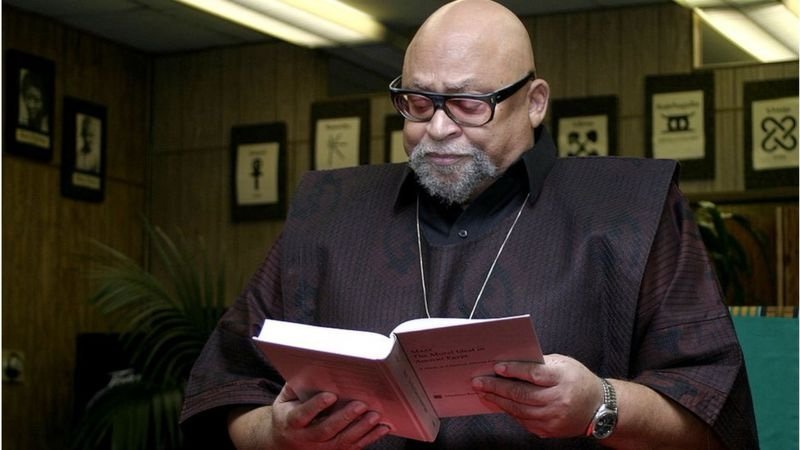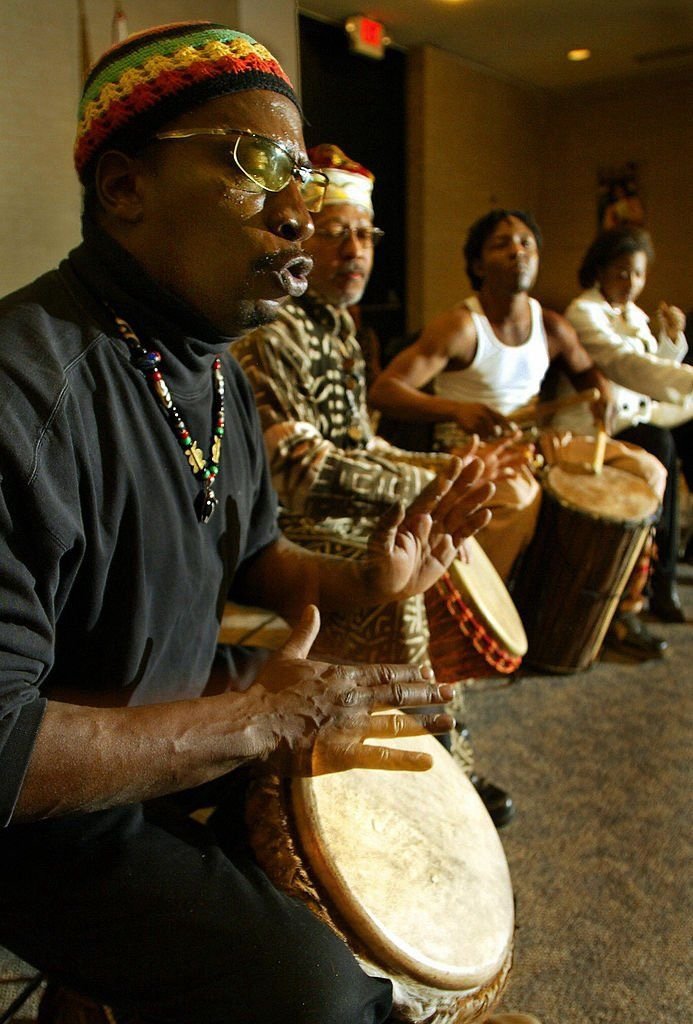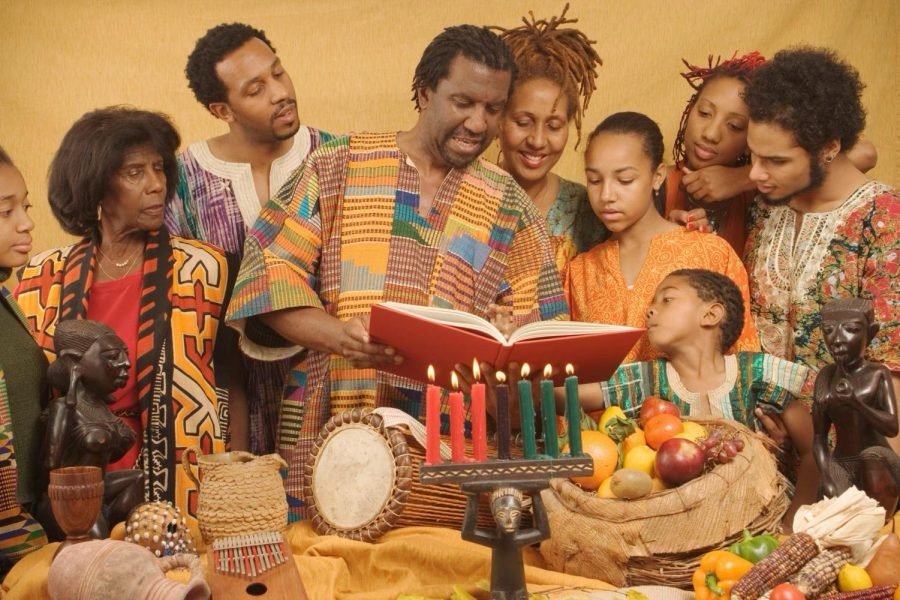Blogs

- by Adminneigh
Kwanzaa 2023

Created by activist and writer Maulana Karenga in 1966, the Kwanzaa is a holiday celebrated by some African Americans from December 26 to January 1.
The name of the festival comes from the phrase “matunda ya kwanza”, which means “first fruits” in Swahili, a language spoken in several East African countries, including Kenya, Uganda, Rwanda, Malawi, Burundi and Tanzania.
Kwanzaa is considered a celebration of life and is a way for members of the black community in the United States to meet and celebrate their roots and culture.


Karenga created the Kwanzaa after the Watts riots that took place in 1965 in California.
At that time, Watts was a mostly black neighborhood in Los Angeles, whose residents suffered from great racial discrimination. There were violent clashes between the police and those who lived in the neighborhood.
The riots began after the attempted arrest of a young black man named Marquette Frye for driving under the influence of alcohol. That resulted in incidents that ended in several days of riots.

The toll was 34 dead, about 1,000 injured and more than $40 million in property damage.
Karenga was deeply affected by the riots and wanted to find a way for her community to unite after the devastating event.
Therefore, in 1966 he introduced a non-religious festival called Kwanzaa, with the aim of giving African-Americans the opportunity to celebrate their African history and culture.
Karenga devoted some time to researching African harvest traditions and gathered parts of different festivals to form what is now known as Kwanzaa.

Seven is an important number for those who celebrate the Kwanzaa. The holiday lasts seven days, there are seven key symbols and there are also seven fundamental principles.
During the Kwanzaa, families and communities get together to participate in activities based on the seven principles, one different every day.
The holiday also includes storytelling, a lot of food that is shared between family and friends, songs, dances, music that includes African drums, gift delivery and poetry readings.


Kwanzaa is based on seven key principles or ideas that include:

• Unity (Umoja): focuses on the importance of working and maintaining unity among family members, the black community in the United States and the country.
• Self-determination (Kujichagulia): highlights the importance of people defining themselves, naming themselves, believing for themselves and speaking for themselves.
• Collective work and responsibility (Ujima): build and maintain the community and help others solve their problems.
• Cooperative economy (Ujamaa): creation and management of stores and businesses in the African-American community from which they can benefit together.
• Purpose (Nia): to build and develop people and give them back their greatness.
• Creativity (Kuumba): do what everyone can to leave the community more beautiful and beneficial than the one they inherited.
• Faith (Imani): believe in others, including parents, teachers, leaders and the struggle of the African-American people.

